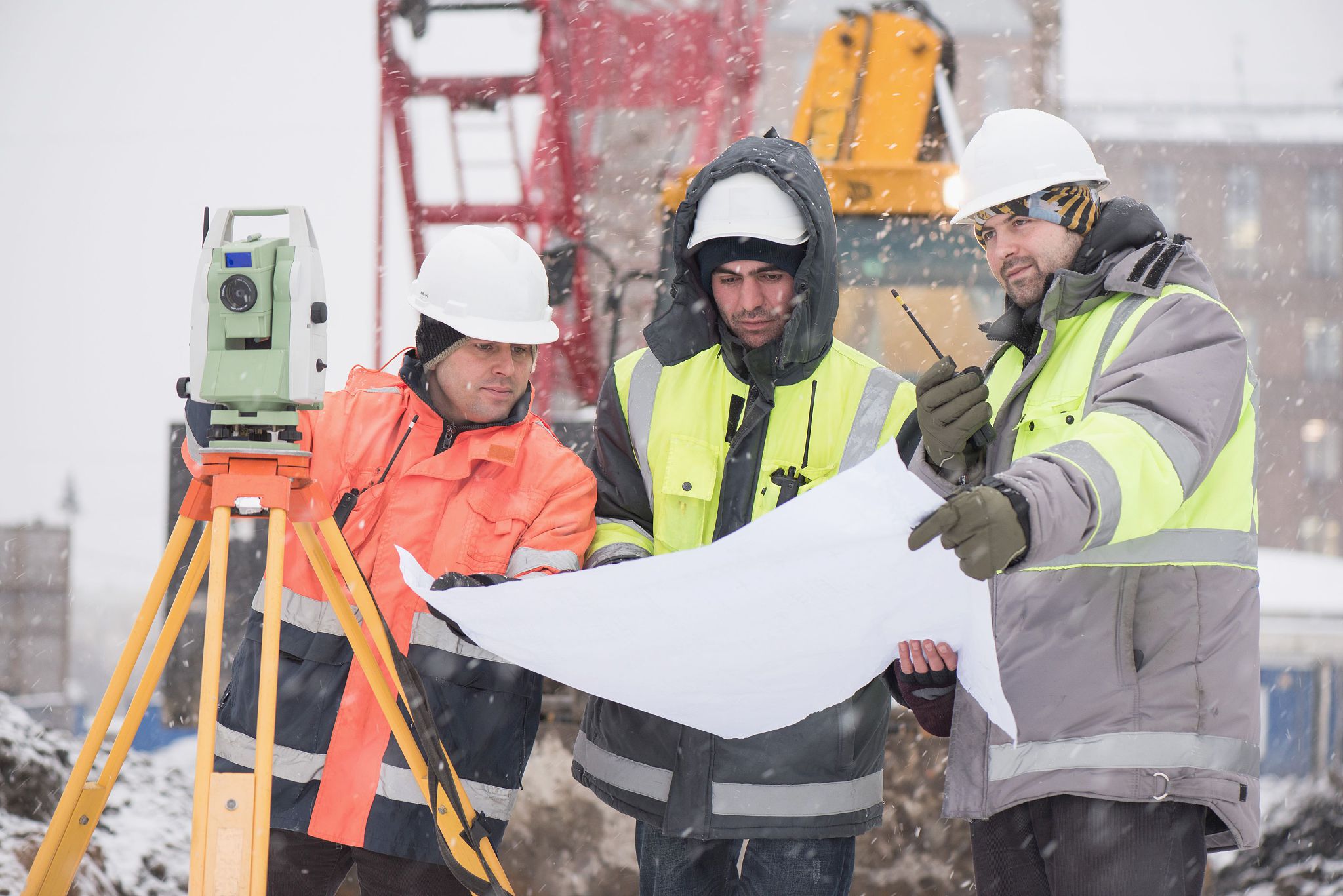Winter Concrete Cutting Tips: Navigating Cold Weather Challenges in Canada
Winter in Canada presents unique challenges for construction projects, particularly when it comes to concrete cutting. The low temperatures can affect the performance of equipment, the curing process, and even worker safety. Understanding how to navigate these cold weather challenges is essential for ensuring the success of your project.

Understanding the Effects of Cold Weather on Concrete
Cold weather can significantly impact the properties of concrete. When temperatures drop, the hydration process slows down, which can delay the setting and hardening. This can lead to weaker concrete and potential structural issues. It's crucial to adapt your methods to accommodate these changes.
Adapting Equipment for Cold Weather
Concrete cutting equipment can also be affected by low temperatures. Ensure that all machinery is properly maintained and suitable for cold conditions. This includes checking the hydraulic fluids, engine oils, and other critical components to prevent freezing and ensure smooth operation.

Preparing Your Work Area
Before beginning any concrete cutting in winter, it's important to prepare your site adequately. Clear any snow or ice from the work area to prevent slips and falls. Consider using tents or enclosures to protect the concrete and workers from harsh weather conditions.
Using Heated Tents
Heated tents can be an effective solution to maintain a stable environment for concrete work. By controlling the temperature around the concrete, you can ensure proper curing and reduce the risk of cracking or weakening.

Ensuring Worker Safety
Worker safety is paramount during winter projects. Ensure that all personnel are equipped with appropriate winter gear, including insulated clothing, gloves, and boots. It's also important to schedule regular breaks in warm areas to prevent hypothermia and frostbite.
Training and Communication
Provide training on how to recognize signs of cold-related illnesses and ensure there is clear communication among team members. This can help mitigate risks and ensure a safe working environment for everyone involved.

Effective Planning and Scheduling
Planning ahead is crucial for winter concrete cutting projects. Carefully schedule tasks to accommodate shorter daylight hours and potential weather disruptions. Use weather forecasts to plan around severe conditions and avoid unnecessary delays.
- Monitor weather forecasts daily.
- Schedule essential tasks during daylight hours.
- Have contingency plans for weather-related disruptions.
Using Advanced Cutting Techniques
Consider employing advanced cutting techniques that are better suited for cold conditions. Diamond blades, for example, offer precision and efficiency even in lower temperatures, helping maintain productivity without compromising quality.
By following these winter concrete cutting tips, you can effectively navigate the challenges posed by cold weather in Canada. Proper preparation, equipment maintenance, and safety measures will ensure your project remains on track regardless of the temperature.
